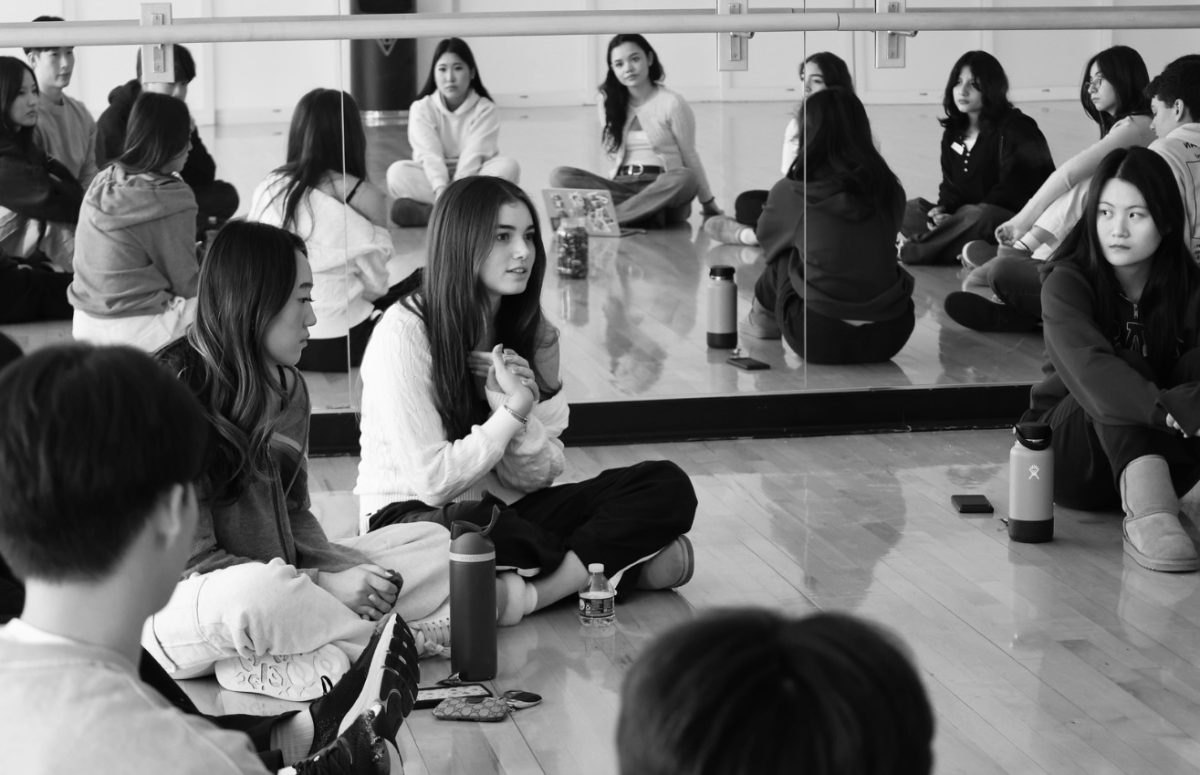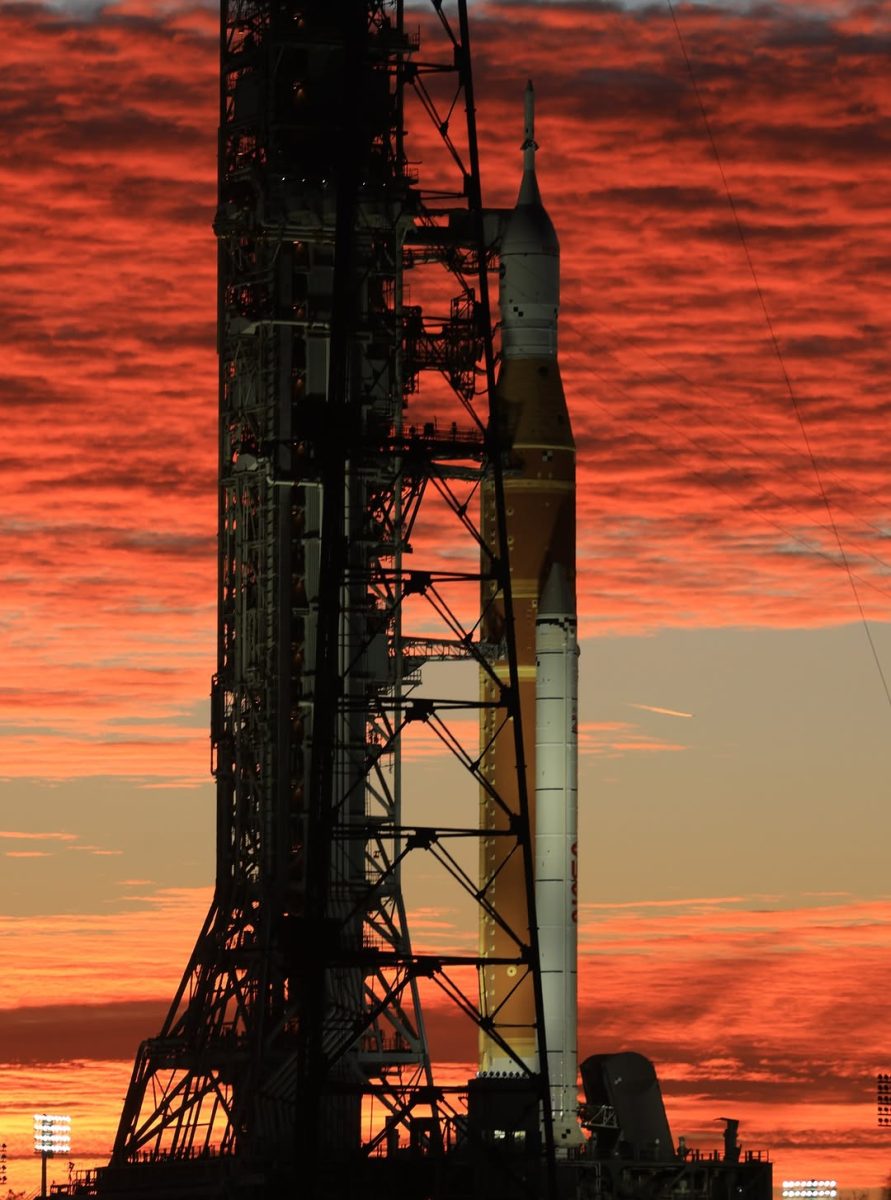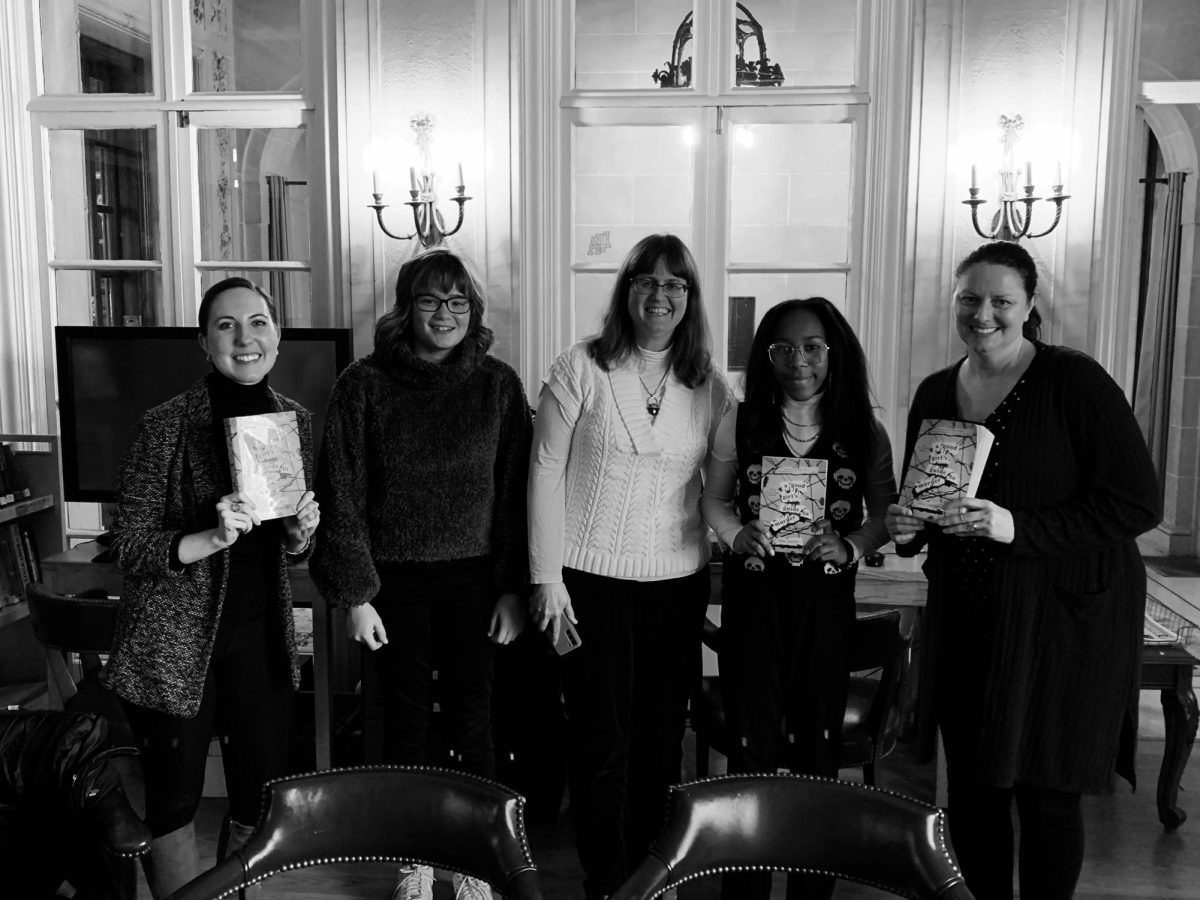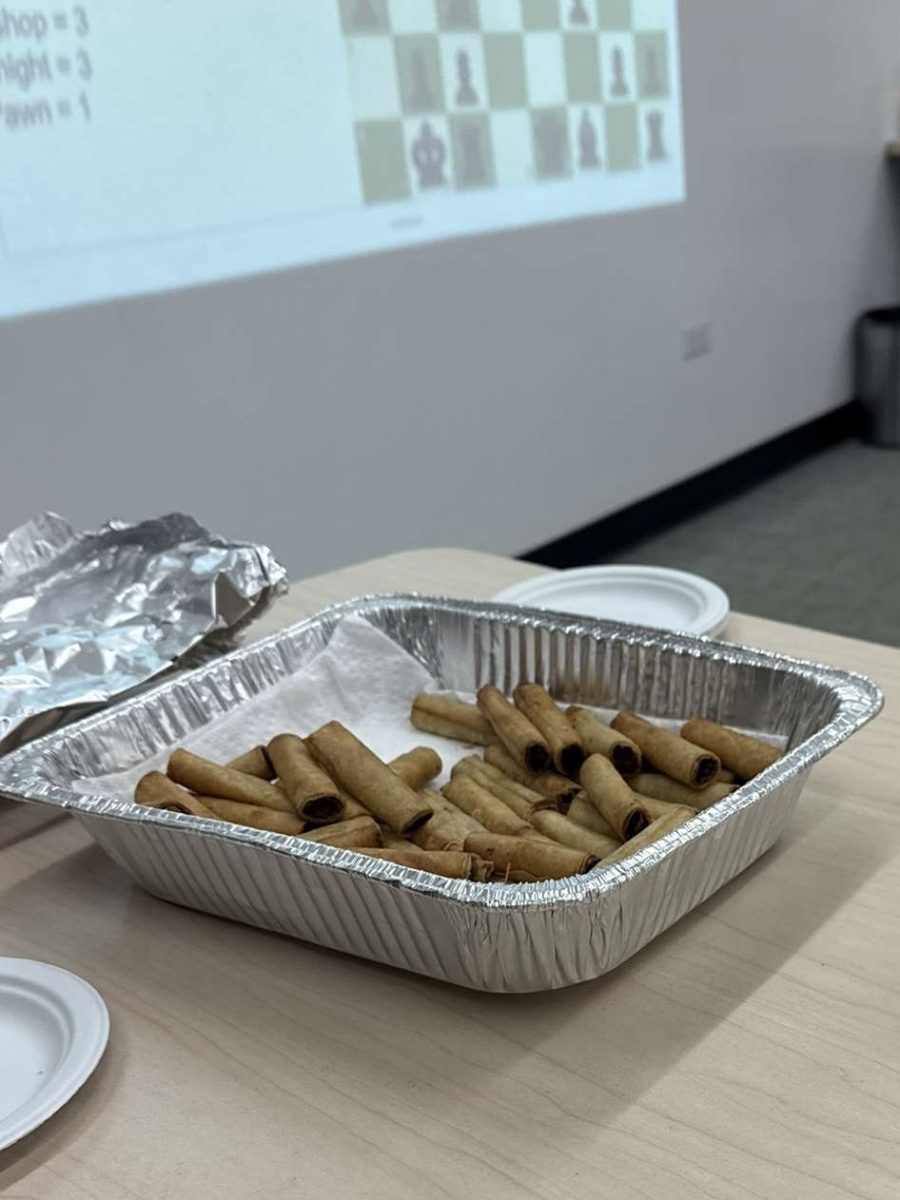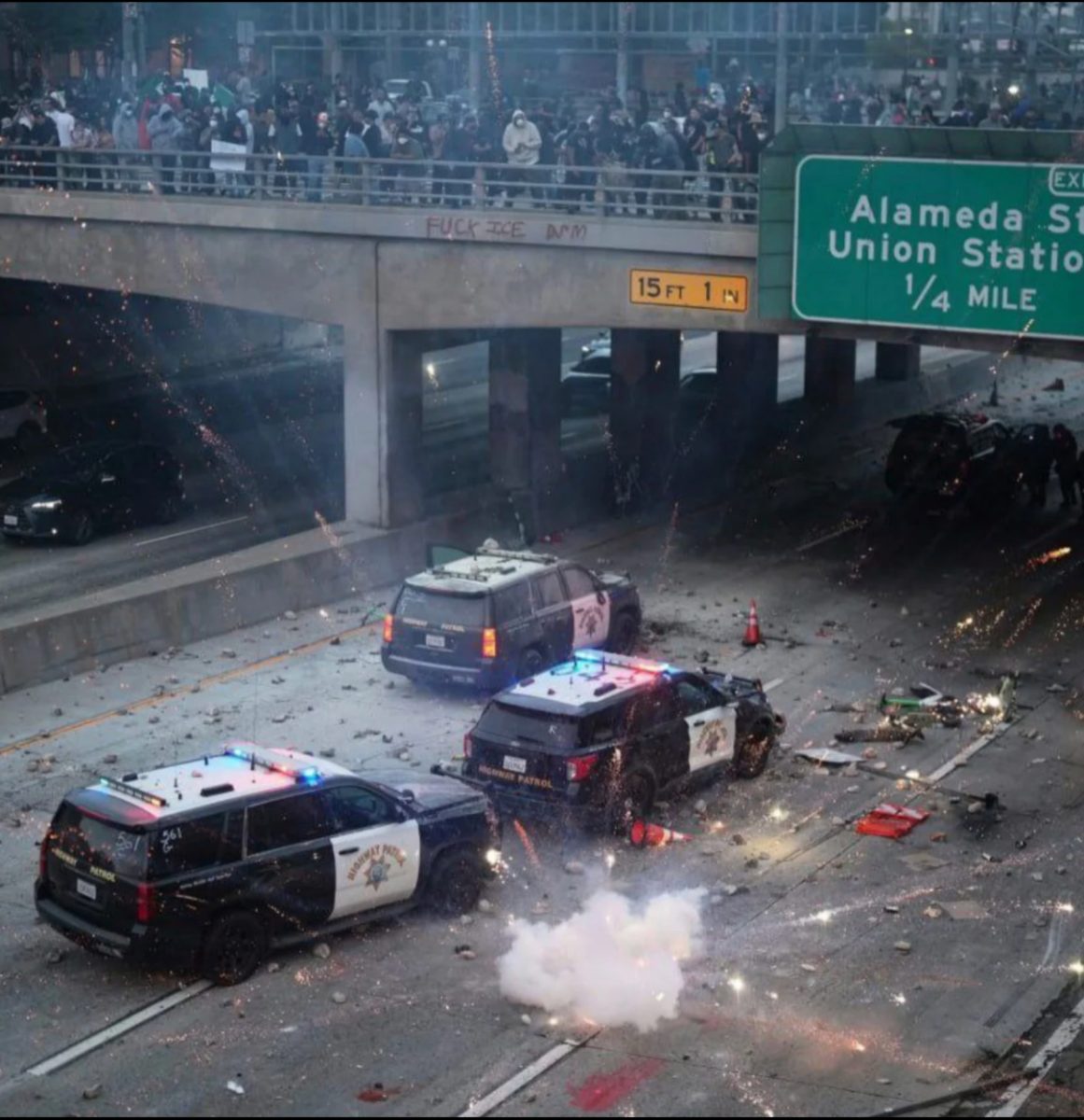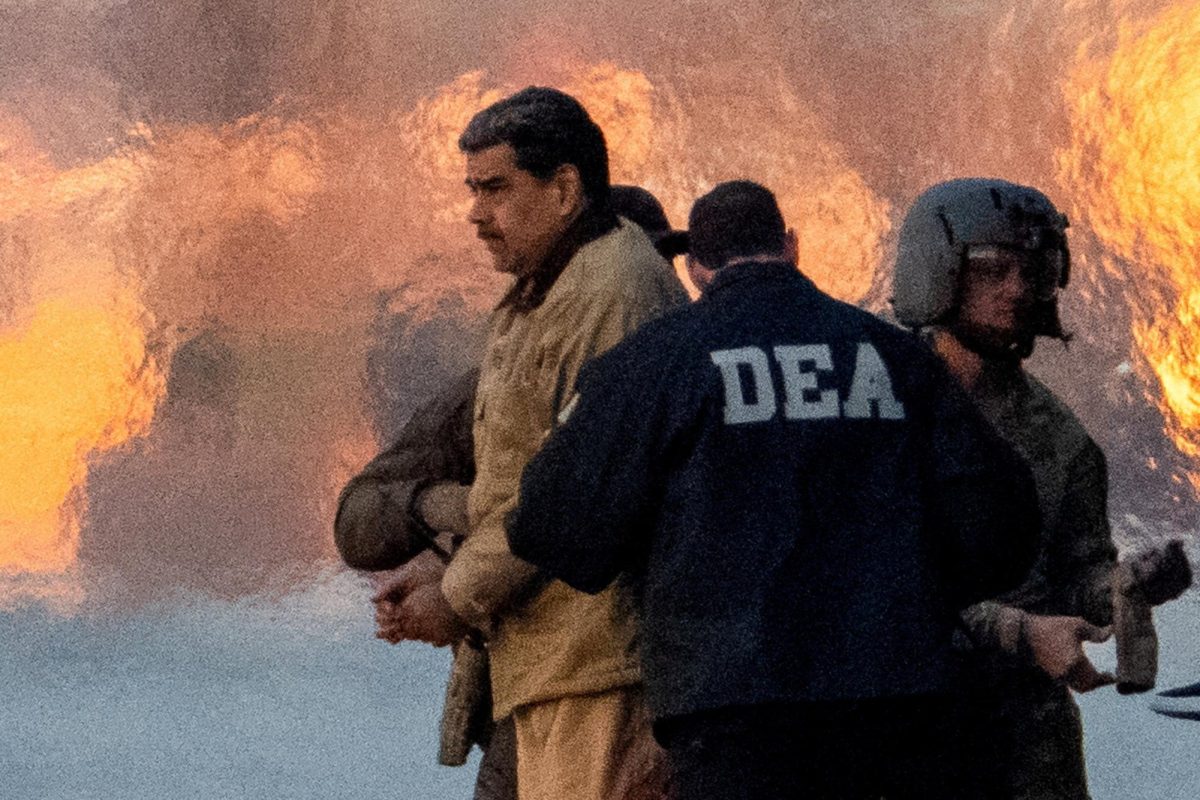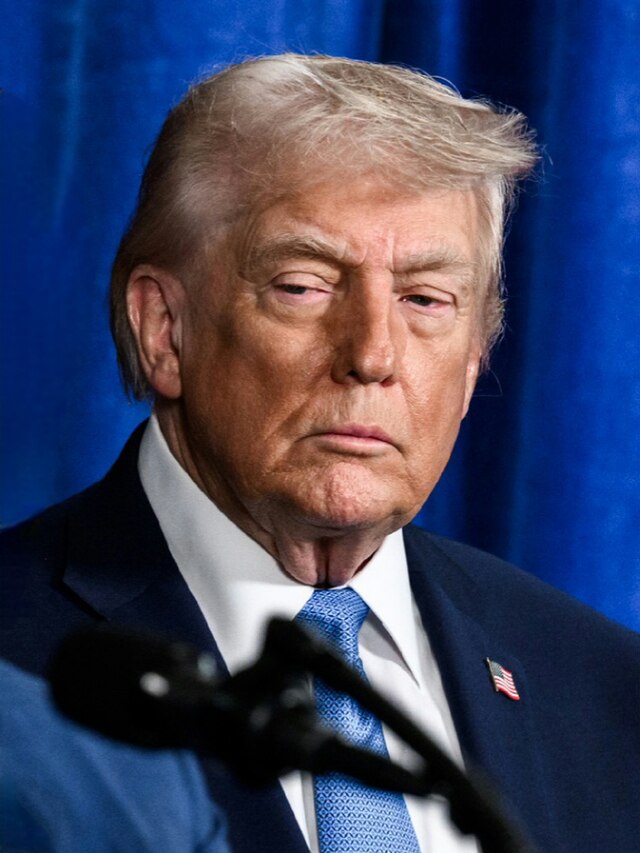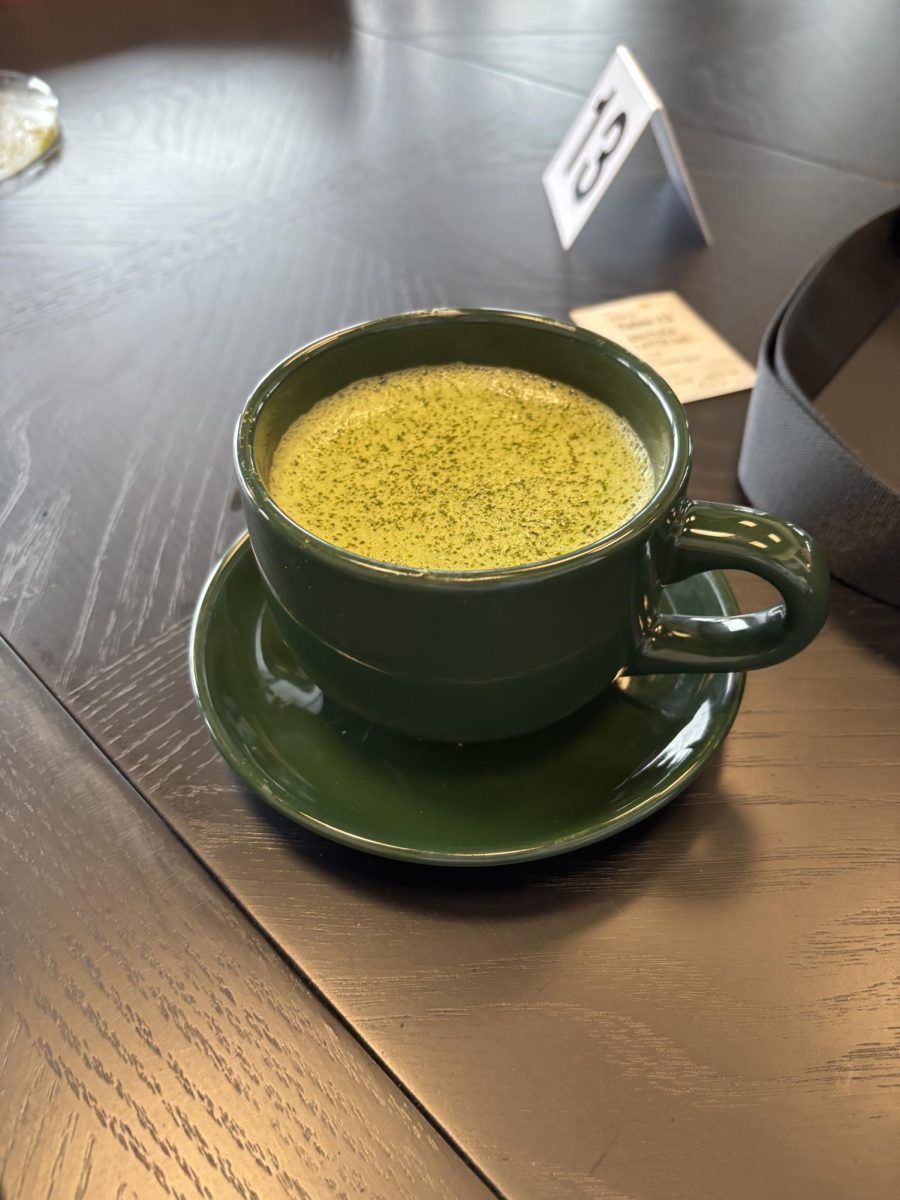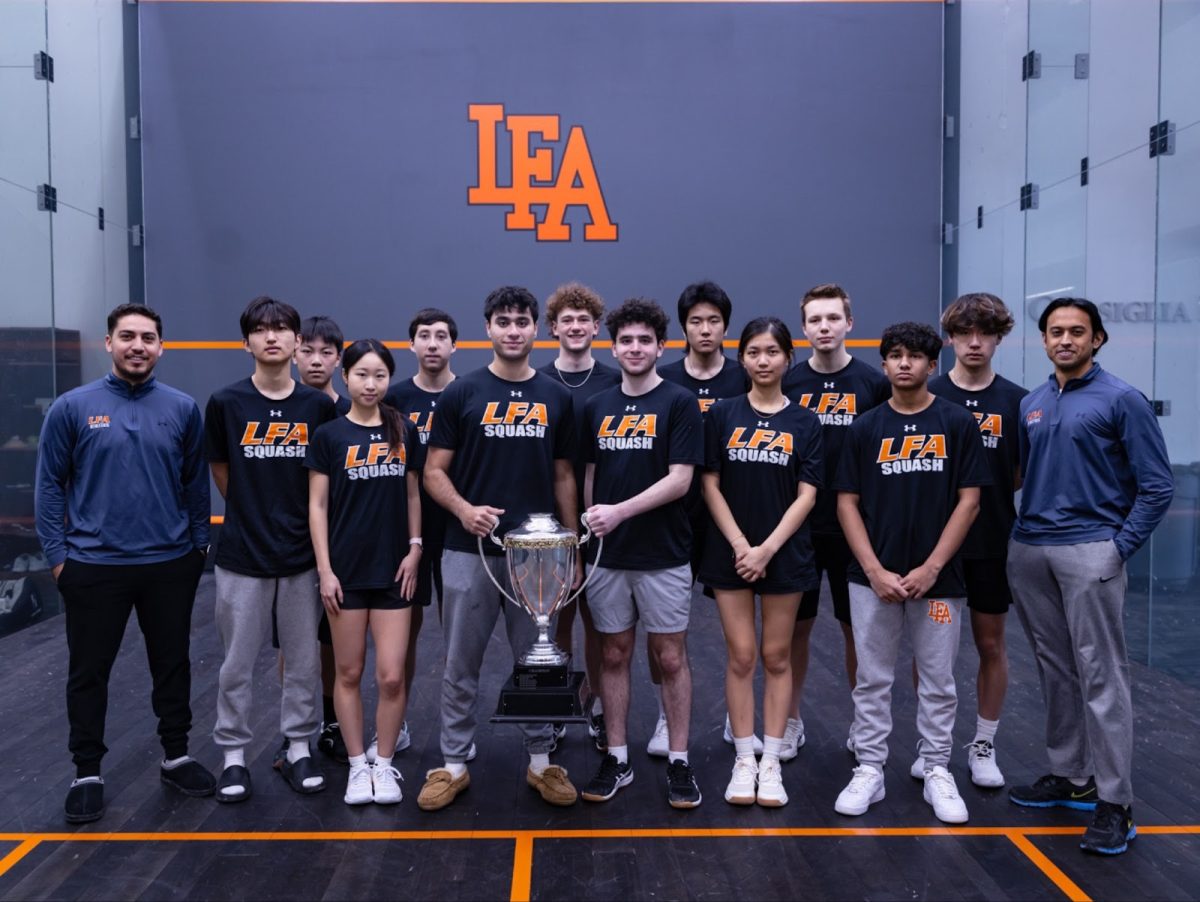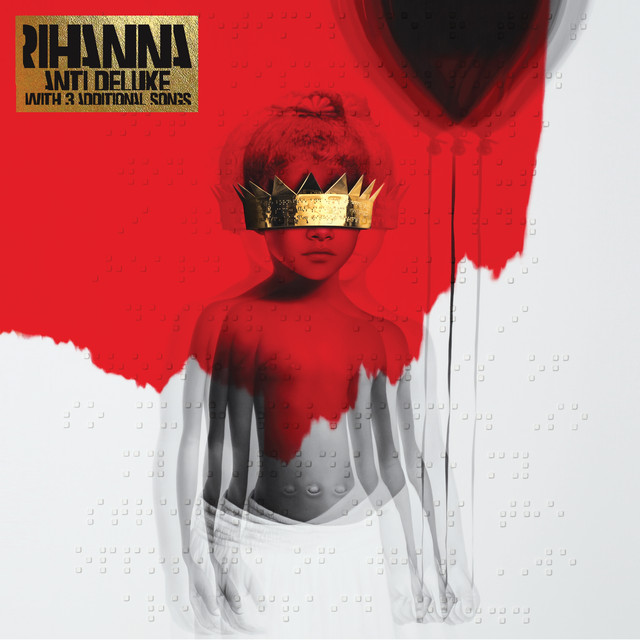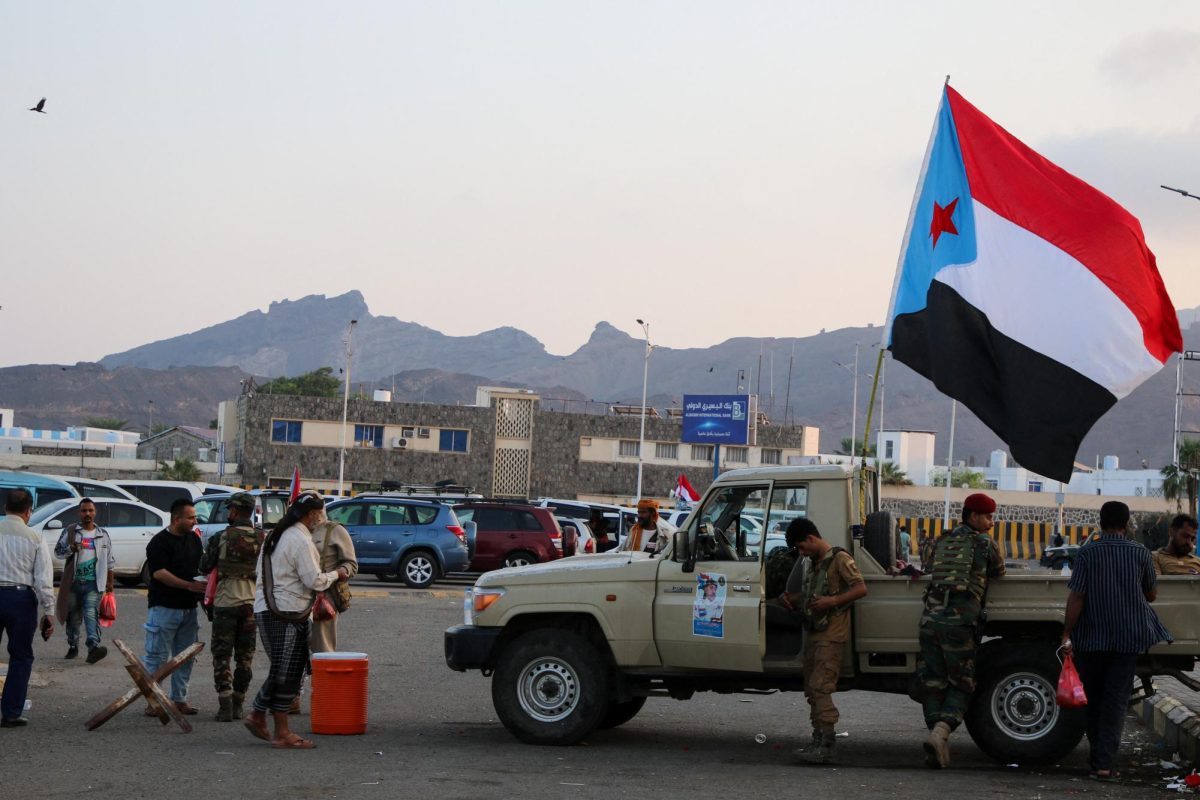On August 2nd, 2022, Nancy Pelosi’s arrival in Taiwan heightened tensions between China and the United States. Pelosi’s visit isn’t the first impetus towards bilateral controversy. For decades, Taiwan has wrestled with Beijing for its sovereignty despite pro-Chinese sentiments under the Chinese Nationalist Party. Without adhering to China’s warning, Pelosi declared her visit as an act of solidarity alongside the Taiwanese People. In response, Beijing led military drills on six territorial swaths along Taiwan between August 4-7th.
Unlike the 1995-1996 Taiwan Strait Crisis, the response of the PLA (People’s Liberation Army) to Pelosi’s 2022 visit to Taiwan targeted three additional zones along Taiwan’s medial line. The PLA responded with ballistic missile exercises – with some traversing over Taiwanese soil. Those exercises demonstrated China’s aim to enclose Taiwan from foreign aid militarily. Simultaneously, the Chinese Communist Party unleashed a series of embargoes prohibiting the importation of over 100 food brands to Taiwan. China’s recent encroachment on and restrictions towards overseas shipping actualized Taiwan’s decades-long fear of invasion. “Taiwan [is] very militarized and will remain burdened by military spending,” said Eric Hillebrand, an economics teacher. Having lived in the city of Kaohsiung in Taiwan from 2009 to 2011, Hillebrand observed Taiwan’s defensive nature at a regional scale. “There’s a highway and a high-speed rail between Kaohsiung and Taipei, and once a month, they would close that highway [to] practice landing, refueling, [and] change arrangements [of] military jets,” Hillebrand explained. “They did these drills [for] a couple of hours on Sunday…and if I go cycling up in the mountains, the road would be cut off because the tops of all mountains are reserved for the military,” Hillebrand added. In order to bolster defense, Taiwan enforced compulsory military service for all male citizens at nineteen in 2000. Fearing China will eliminate their air bases, Taiwan has ensured their survival for at least 48 hours before aid arrives from the United States, Japan, or South Korea.
Yet outside of military matters, Pelosi’s visit generated more significant dissension among the Chinese and Taiwanese by deliberately meeting with Taiwanese officials, ignoring Chinese intercession. Amidst constant proclamations of the One-China Policy, Pelosi’s actions infuriated the Chinese government and citizens, who desired and called for a proclamation to demonstrate the willpower of China for immediate unification. Despite Taiwan and China’s brotherly relationship under the Kuomintang, Taiwanese culture has grown increasingly radical as pro-independence voices rose amidst the decrease in tourism bilaterally. Many Chinese abroad will be affected by the current political conflict as “Chinese students abroad, especially in the US, may be questioned even more about their political stance, which can create antipathy when we [Chinese students] return,” said Jiaqi Li ’24. Yet when a nation prides glory over amity, the pursuit of unity is torn.



